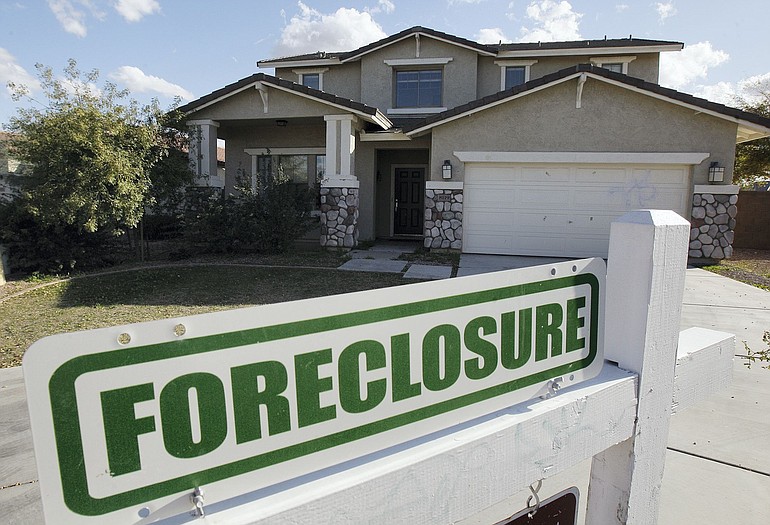Median home price
2010 — $198,500
2009 — $203,000
2008 — $235,000
2007 — $245,000
2006 — $265,000
Source: Riley & Marks Inc., Vancouver
Foreclosures
2010 — 527
2009 — 290
2008 — 235
2007 — 166
2006 — 64
Source: RealtyTrac., Irvine, Calif.
Home sales
2010 — 334
2009 — 590
2008 — 431
2007 — 541
2006 — 711
Source: Riley & Marks Inc., Vancouver
Clark County’s housing market experienced a double whammy in October, with a dramatic drop in home sales driving down prices and a backlog of distressed properties that entered the market faster than they could be absorbed.
The number of homes in some stage of foreclosure countywide surged to 527 in October, an 81.7 percent rise over the same month last year and a 21 percent climb in one month, according to RealtyTrac Inc., which released its monthly foreclosure report today. At the same time, a local housing report tracked just 334 sales of new and pre-owned houses in October, down 43.4 percent when compared with 590 homes sold here in October 2009.
Lackluster sales continued to push home prices down, according to “benchmarks,” the report issued by Vancouver-based Riley & Marks Inc. The median sales price (half sold for more, half for less) was $198,500 for all new and existing homes sold here in October, down 2.2 percent from the median of $203,000 in the same month last year. Clark County’s October median home price was its lowest since January 2005.
Some real estate experts blamed the housing market’s poor performance on obstinate sellers who refused to back down on their listing prices. Others blamed Clark County’s limited job market and an overall lack of consumer confidence.



